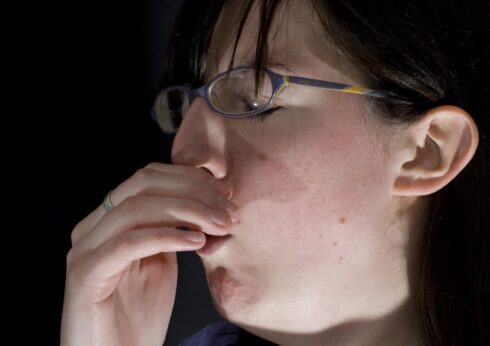SPAIN’S Health Ministry has admitted to a chronic shortage of nurses and that needs at least 100,000 more to reach the EU average of 8.5 nurses per 1,000 residents.
The current ratio is just 6.3 nurses per 1,000 people, with the shortfall potentially taking many years to sort out- if at all despite an increase in nurses over the last decade.
The National Institute of Statistics says there are 345,969 nurses in Spain, of which 85.5% are female.
READ MORE:
- Police arrested 115 people last year for violent assaults against doctors and nurses in Spain
- What Spain needs to solve worrying shortage of nurses

Between 2014 and 2022, the number of nurses grew in all health sectors, namely 11% in Primary Care, 26% in Emergencies and 27.2% in Hospital Care.
Secretary of State for Health, Javier Padilla, said: “In the last decade there has been an increase of more than 20% in the number of nurses in our country which is a remarkable growth but still insufficient due to a ratio decrease in Primary Care.”
The turnover among nurses is worrying with a 2024 study showing that 39.4% of them plan quit in the next 10 years and 16.9% plan to do so within just two years.
Paloma Calleja, coordinator of the Health Ministry’s Health Care Committee, said: . “Nine out of ten nurses mention salary conditions, the lack of professional recognition and the difficulty in accessing leadership positions as issues that concern them.”
“62% also talk about suffering from physical and mental health,” Calleja added.
The 2024 study also looked at regional variations in salaries with the highest minimum wages in the Canary Islands, where a hospital nurse earns €2,898 per month, while a primary care nurse at a health centre gets €3,318.
In contrast, Cantabria has the lowest salaries, with €1,647 and €2,080 respectively, while in a high-cost area like Madrid, the wages come in €2,005 and €2,281.
Not all the problems facing the nursing profession are financial, with 34.9% of the nurses who participated in the survey having a master’s degree and 22.3% having a specialisation, yet only a third of them manage to work within the specialist field they trained for.
Javier Pedilla said: “The system invests in training professionals who then cannot practice in their speciality- something that is demotivating.”
In addition, two-thirds of nurses working in health centres and hospitals say they have witnessed or experienced incidents of aggressive behaviour or even violence at their workplace at least once a week.
And despite nurses being predominantly female, there were more men reaching managerial positions.
“This is a social dynamic that permeates the health system,” added Padilla.










